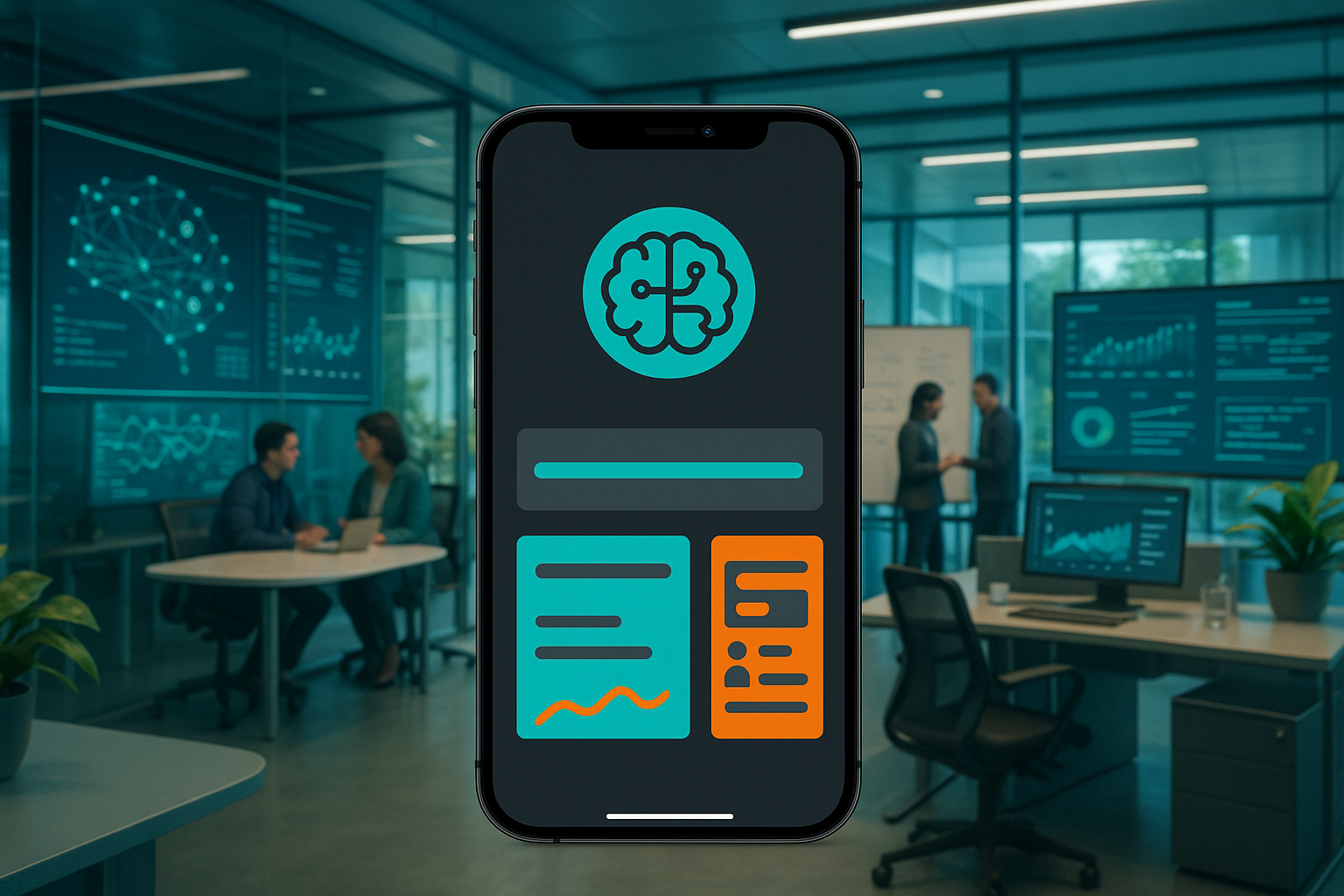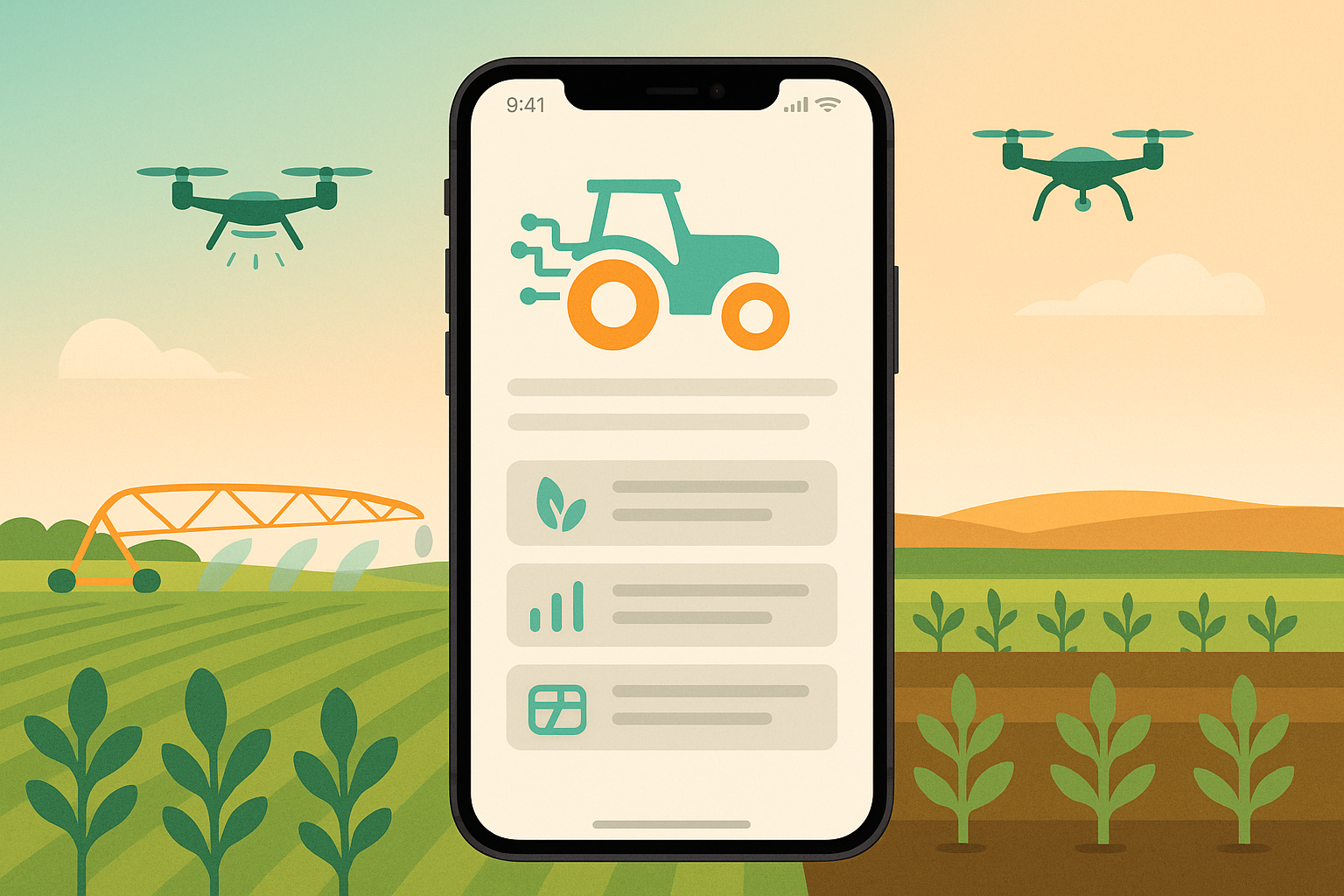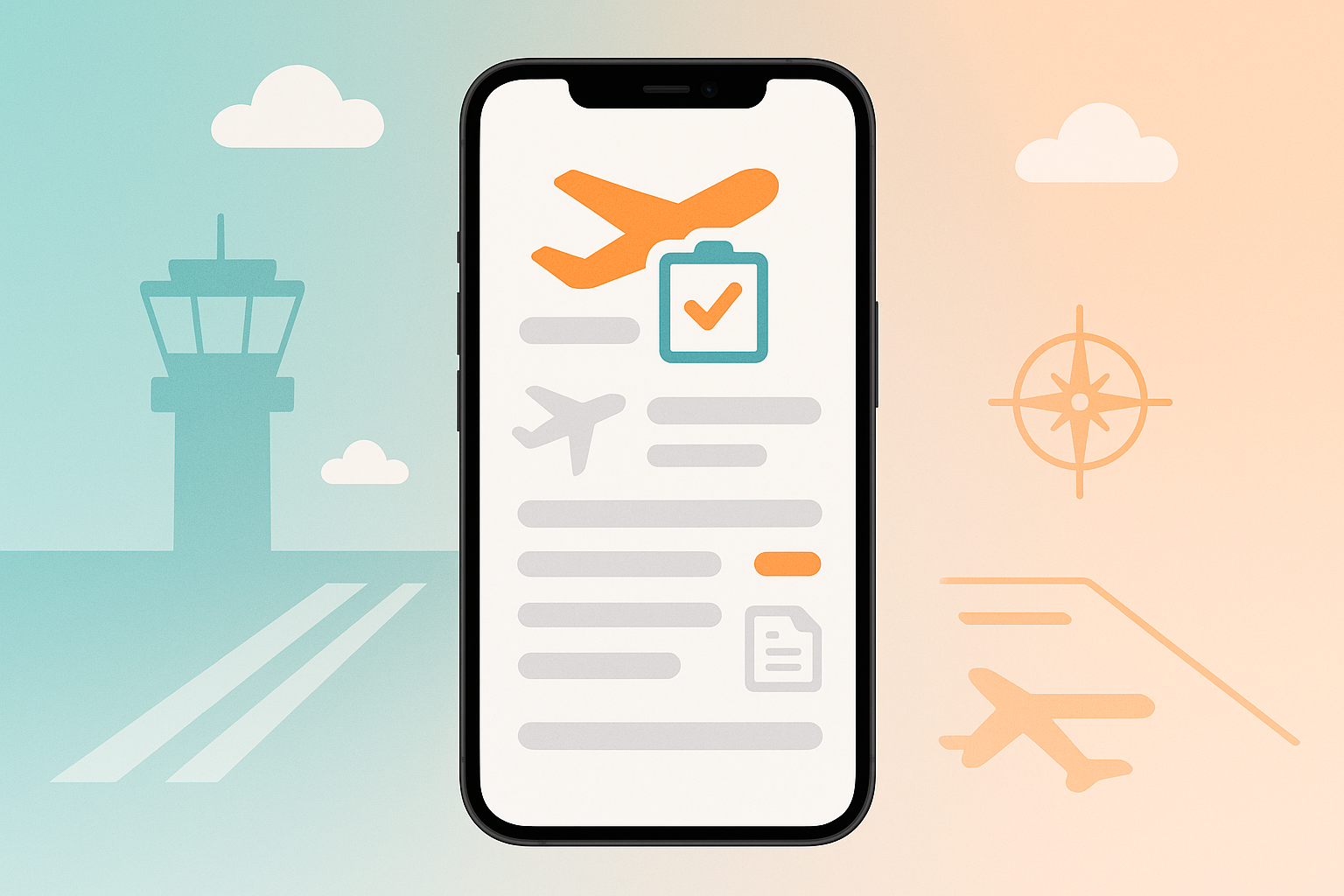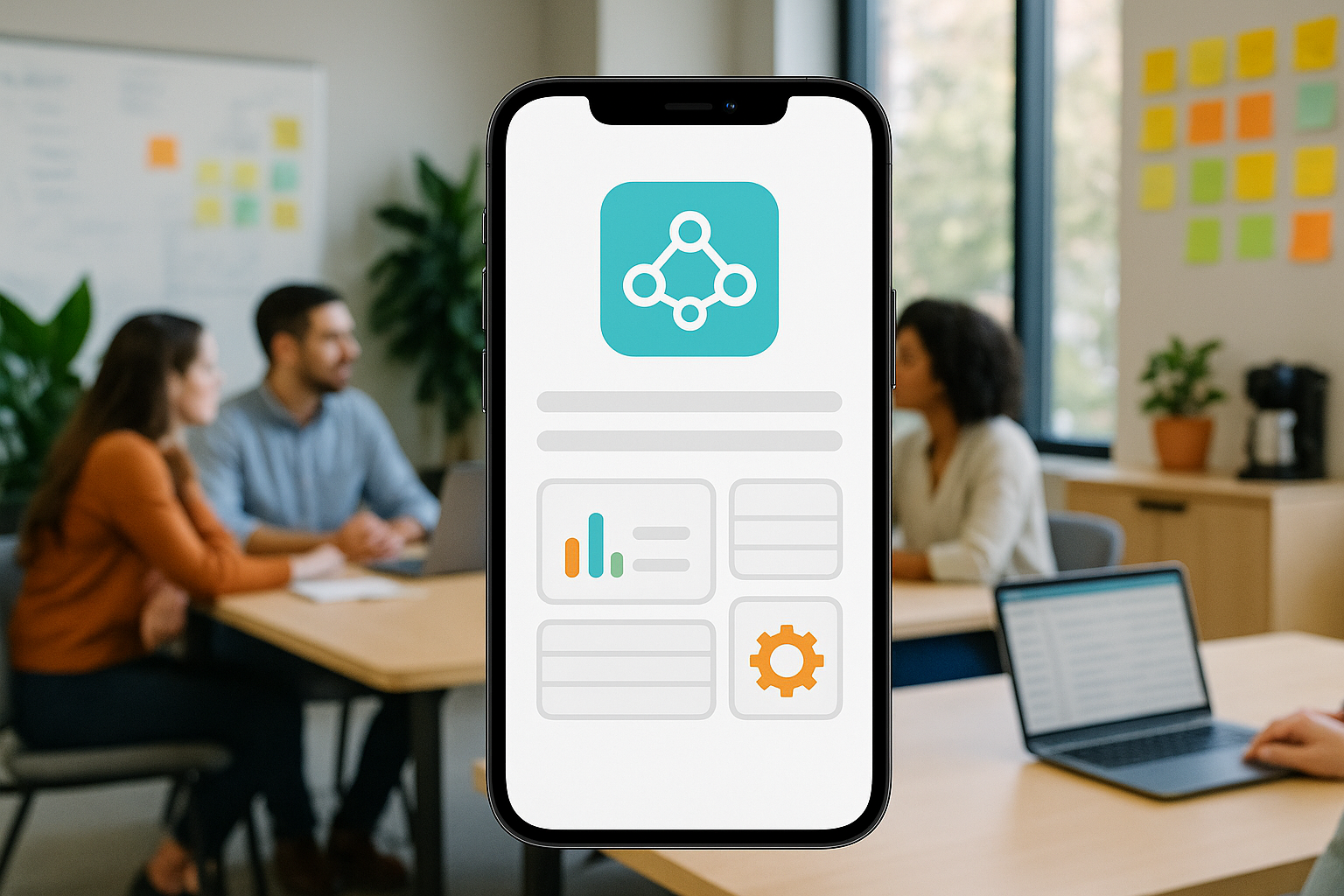Introduction
Artificial intelligence is no longer a futuristic concept; it is a transformative technology that is reshaping industries and redefining user experiences. AI-powered mobile applications are at the forefront of this revolution, offering personalized, predictive, and interactive solutions that were once the domain of science fiction. From smart virtual assistants that manage our schedules to e-commerce apps that know what we want before we do, AI is creating a new standard for what software can achieve.
However, the path from a brilliant AI app idea to a successful market launch is fraught with complexity. Developing an AI application in-house presents a formidable set of challenges. It demands massive, high-quality datasets, significant financial investment in specialized hardware and talent, and a deep understanding of intricate algorithms that can often behave like inscrutable “black boxes.” Furthermore, navigating the ethical minefield of data bias and ensuring seamless integration with existing systems can derail even the most promising projects.
This article serves as your comprehensive guide to the world of AI app development. We will demystify what an AI app is, explore the significant hurdles of in-house development, and detail the different types of AI applications you can build. We will also provide a realistic breakdown of the costs involved and introduce you to the top AI app development companies that can turn your vision into a reality.
As a top US AI-powered app development firm with over 20 years of experience, we at MetaCTO have guided countless businesses through this complex journey. We specialize in transforming ambitious ideas into market-ready mobile apps, leveraging AI to enhance efficiency, drive innovation, and deliver unparalleled user value. This guide will equip you with the knowledge you need, and show you how partnering with an expert team like ours can be the key to your success.
What is an AI App?
At its core, an AI application is a software program that leverages artificial intelligence technologies to perform tasks that typically require human intelligence. Unlike a standard mobile app that follows a rigid, pre-programmed set of rules, an AI app is dynamic. It empowers developers to create intelligent solutions that can learn, reason, adapt, and act autonomously based on the data they process.
The magic of AI-driven technologies enables these applications to learn directly from user interactions, understand spoken language, interpret visual information, and identify complex patterns in vast datasets. This capability allows an AI app to move beyond simple functionality and offer a truly personalized and proactive user experience.
Consider these key characteristics of an AI app:
- Personalization: AI-powered mobile apps can use machine learning algorithms to analyze user behavior, preferences, and historical data. This allows them to deliver highly relevant content and recommendations. An e-commerce app, for example, can analyze a user’s browsing history and purchase patterns to suggest products that align perfectly with their tastes. A health and fitness app can adapt its workout and nutrition recommendations based on an individual’s specific goals and real-time progress.
- Automation: Many AI apps are designed to automate repetitive and complex tasks. This can range from data processing and analysis to customer support. Virtual assistants like Siri, Google Assistant, and Alexa use AI to understand and respond to user queries, automating tasks like setting reminders, sending messages, or playing music.
- Prediction and Insights: By analyzing historical data, AI’s predictive capabilities empower apps to anticipate user needs and offer proactive solutions. A weather app can provide hyper-local, real-time forecasts, while a travel app can analyze traffic conditions to suggest the fastest route. For businesses, this translates into making smarter, data-driven decisions, such as using AI to detect fraudulent transactions in real-time.
- Intelligent Interaction: Technologies like Natural Language Processing (NLP) and computer vision allow apps to interact with users in more human-like ways. NLP enables voice commands and allows virtual assistants and chatbots to understand and respond to user queries in conversational language. Computer vision allows an app to “see” and interpret the world through a device’s camera, enabling features like facial recognition, object detection, and immersive augmented reality (AR) experiences.
Ultimately, an AI app is not just a tool; it’s an intelligent partner. It delivers seamless user support via virtual assistants, provides context-aware recommendations, and generates real-time insights that help users make better decisions and interact with technology more intuitively.
Reasons It Is Difficult to Develop an AI App In-House
While the allure of creating a groundbreaking AI app is strong, the practical realities of in-house development are daunting. The process is a minefield of technical, financial, and ethical challenges that require specialized expertise and significant resources to navigate successfully. Here are the primary reasons why building an AI application from scratch is so difficult.
Data Collection and Management
Data is the lifeblood of any AI system. The quality and quantity of data you use to train your models will directly determine the success or failure of your application. However, collecting and managing this data is one of the biggest challenges in AI development.
- Sourcing and Quality: Finding relevant, high-quality, and unbiased data is a monumental task. Not all data available on the internet is accurate or useful, and sourcing proprietary datasets can be expensive and time-consuming. Poor quality data is not just an inconvenience; it can be catastrophic. On average, it costs businesses $15 million annually due to the effects of poor data quality.
- Volume and Infrastructure: AI models, especially deep learning models, require enormous volumes of data to be trained effectively. Managing these huge datasets requires specialized tools and infrastructure for storing, sorting, and accessing the data efficiently. If this infrastructure isn’t already in place, it must be implemented before development can even begin.
- Regulatory Compliance: Data collection and usage are heavily regulated. AI models must be compliant with privacy regulations like GDPR in the European Union or the CCPA in California. This means data collection practices require constant legal oversight and regular updates to keep pace with ever-changing legislation.
Significant Financial and Infrastructural Resources
AI app development is an expensive endeavor that demands substantial investment in both financial and infrastructural resources.
- High Costs of AI Solutions: Implementing advanced AI solutions is very expensive. Training complex AI models requires powerful and pricy hardware, such as Graphics Processing Units (GPUs) and Tensor Processing Units (TPUs). Even with advancements in technology, top-of-the-line GPUs still cost a significant amount.
- Talent Acquisition: The people who build these systems are in high demand. AI specialists and data scientists command growing salaries, and hiring them requires offering a very competitive salary package. Finding, vetting, and retaining this talent is a major challenge for companies not native to the tech world.
- Infrastructure Costs: Building and maintaining an in-house setup for AI tools and infrastructure is often far more expensive than leveraging established cloud-based platforms. These costs extend beyond hardware to include software licenses, security, and maintenance.
The Complexity of AI Models
The very algorithms that make AI so powerful also contribute to its development difficulty.
- The “Black Box” Problem: Many complex AI models, particularly deep neural networks, can act as “black boxes.” Their internal workings are so intricate that they are effectively invisible even to the developers who created them. This makes it incredibly hard to understand why a model made a particular decision. Putting code that is not fully understood into a consumer-facing application is a significant risk.
- Ethical Implications and Bias: AI models are not objective; they carry the same biases as the data they are trained on. If historical data contains societal biases (and it often does), the AI model will learn and perpetuate them. This has serious ethical implications. For instance, many early commercial facial recognition systems were found to be biased, being up to 100 times more likely to misidentify Asian and African American people compared to white Americans. To mitigate this, data must be meticulously cleaned and checked for biases, and AI systems require regular auditing for fairness and transparency.
Integration and Compatibility
An AI model is useless if it can’t work with your existing systems. Integrating a new AI solution with legacy platforms is a major hurdle.
- Legacy Systems: Many established businesses, such as banks and healthcare providers, operate on older, deeply embedded legacy systems. Integrating modern AI with these outdated platforms, like electronic medical record (EMR) systems, can present significant compatibility issues.
- Technical Mismatches: Integration problems often arise when an AI system is designed on a different architecture or uses different data standards than the existing infrastructure. AI models need standardized, clean data, but legacy systems may have completely different data formatting or storage protocols.
- Business Disruption: A poorly executed integration can disrupt and even halt essential business functions. The process requires rigorous testing and careful planning to ensure a smooth transition without compromising daily operations.
For all these reasons, partnering with a specialized AI development agency like MetaCTO is often the most strategic path forward. We have the pre-existing infrastructure, the expert team, and the experience with data management and integration to overcome these challenges efficiently, saving you time, money, and costly missteps.
Different Types of AI Apps
Artificial intelligence is not a single technology but a broad field encompassing various disciplines and techniques. This diversity allows for the creation of many different types of AI-powered applications, each tailored to specific tasks and use cases.
Machine Learning (ML) Apps
Machine Learning is a subset of AI that allows computers to learn from data without being explicitly programmed. ML algorithms identify patterns in large datasets to make predictions or decisions.
- Use Cases:
- Personalized Recommendations: ML is the engine behind the recommendation systems of Netflix and Amazon. It analyzes user behavior and preferences to suggest relevant content and products.
- Fraud Detection: In finance, ML algorithms can analyze transaction data in real-time to identify patterns that indicate fraudulent activity.
- User Intent Analysis: ML can analyze how users interact with an app—their clicks, swipes, and search queries—to understand their intent and improve the user experience.
Natural Language Processing (NLP) Apps
NLP is a branch of AI focused on enabling computers to understand, interpret, and generate human language.
- Use Cases:
- Virtual Assistants and Chatbots: Virtual assistants like Siri and Alexa, as well as customer service chatbots, use NLP to understand voice commands and text queries and provide conversational responses.
- Text Translation: NLP allows businesses to create apps that can instantly translate text between languages, breaking down communication barriers.
- Sentiment Analysis: Businesses use NLP to analyze customer reviews, social media comments, and support tickets to gauge public sentiment about their products and services.
Computer Vision Apps
Computer vision is a field of AI that trains computers to interpret and understand visual information from the world, such as images and videos.
- Use Cases:
- Augmented Reality (AR): AR apps use computer vision to recognize real-world environments and overlay digital content onto them, creating immersive experiences for gaming, shopping, and education. Our work with G-Sight, a dry-fire training app, involved implementing cutting-edge computer vision to enhance user engagement.
- Image Recognition and Object Detection: This technology is used for everything from facial recognition to unlock your phone to product identification in retail apps. An app can identify objects, people, or places within an image or video feed.
- Medical Imaging: In healthcare, computer vision helps analyze medical scans like X-rays and MRIs to detect anomalies and assist doctors in making diagnoses.
Predictive Analytics Apps
These apps use AI algorithms to analyze historical data and make predictions about future events or outcomes.
- Use Cases:
- Financial Forecasting: Predictive analytics is used in finance apps to forecast market trends and help users make informed investment decisions.
- Demand Prediction: E-commerce and retail businesses use predictive analytics to forecast product demand, optimizing inventory management and supply chains.
- Personalized Recommendations: While also a use case for ML, predictive analytics specifically focuses on anticipating future needs, such as a travel app suggesting the best time to book a flight based on historical price data.
AI in Specific Industries
- Education: AI apps are personalizing the learning experience. They can analyze a student’s learning patterns to identify strengths and weaknesses, delivering tailored content, tutoring, and interactive exercises. The Cognii platform, for instance, uses AI to adapt educational content to a student’s unique learning style.
- Healthcare: Mobile apps are using AI to help individuals manage their health. Woebot, an AI-powered mental health app, uses NLP to provide cognitive-behavioral therapy and emotional support, helping to reduce symptoms of depression and anxiety.
- Finance: Beyond fraud detection, apps like Albert use AI to create personalized investment portfolios based on a user’s financial goals and risk tolerance. We helped design and implement Bond.AI, a chat-enabled dating CRM that delivers personalized insights and coaching guidance by analyzing user-added relationship data.
Cost Estimate for Developing an AI App
Determining the cost of an AI app is not straightforward, as it depends on a multitude of factors. However, by breaking down the key cost drivers, you can get a realistic estimate for your project. The development cost for an app with AI features typically ranges from $60,000 to $150,000, while the AI models themselves can range from $20,000 for simple systems to over $200,000 for highly advanced ones.
Here are the key factors that influence the final cost.
Key Cost Factors
-
Scope and Complexity: The single biggest impact on cost is the complexity of the features you want to build. An app with a basic chatbot will be significantly less expensive than one that requires advanced image recognition, real-time predictive analytics, or complex Natural Language Processing. Complex apps require more sophisticated development, customized AI models, and more diligent testing.
-
Data Processing Needs: As discussed, data is fundamental to AI. The process of preparing data for an AI model has its own associated costs, which can add up quickly.
| Data Phase | Description | Estimated Cost |
|---|---|---|
| Data Gathering | Collecting raw data from various sources. | $5,000 - $20,000 |
| Data Cleaning | Removing inaccuracies and formatting data for models. | $10,000 - $30,000 |
| Data Labeling | Manually adding labels to data for supervised learning. | $15,000 - $50,000 |
| Data Storage | Secure and scalable storage of large datasets. | $5,000 - $20,000 annually |
| Data Maintenance | Regular updates to keep data relevant. | $10,000 - $40,000 annually |
| Compliance | Adhering to legal and ethical data guidelines. | $5,000 - $15,000 |
-
Development Team Expertise: The size and expertise of your development team heavily impact the budget. While a less experienced team may cost less upfront, it often leads to higher long-term expenses due to project failures, rework, and extended testing phases. Highly skilled professionals command higher salaries but increase development efficiency and reduce errors, ultimately providing better value.
-
Technology and Tools: The cost of building AI solutions includes the use of programming languages (like Python or R), libraries (like TensorFlow), cloud platforms (AWS, Google Cloud), and various DevOps tools. The cost for the technology stack typically ranges from $10,000 to $50,000. Additionally, using licensed, pre-trained models from providers like OpenAI (GPT-4) or Google (Vision AI) comes with usage-based fees that can add to the cost.
-
Integration Requirements: Integrating the AI app with your current infrastructure can be a complex and expensive process, especially if it requires significant customizations. This process involves API development, rigorous testing, and creating secure interfaces for data exchange, with costs ranging from $20,000 to $100,000.
-
Ongoing Maintenance and Monitoring: Your expenses don’t end at launch. Post-development costs are an unavoidable expense required to sustain the app’s performance. Maintenance, which covers updates, performance monitoring, and issue resolution, typically costs 15-20% of the initial development cost annually. Monitoring and analytics tools to track performance and user engagement can add another $5,000 to $20,000 annually.
Example AI App Cost Ranges
| App Type | Estimated Cost Range |
|---|---|
| AI Chatbots | $20,000 - $80,000 |
| Predictive Analytics Tools | $30,000 - $100,000 |
| Resume Parsing Software | $40,000 - $120,000 |
| AI Image Detection System | $50,000 - $200,000 |
| AI-Powered CRM | $70,000 - $150,000 |
| Healthcare AI Apps | $80,000 - $200,000 |
How to Manage Costs
- Leverage Pre-Built Models: Using APIs from pre-built models like OpenAI’s GPT or Google’s Dialogflow can eliminate the enormous cost of developing and training a model from scratch.
- Use Agile Methodology: An agile, iterative development approach, like our 90-day MVP service, breaks the project into smaller sprints. This allows for early detection of issues and continuous feedback, reducing costly rework.
- Utilize Cloud Services: Cloud platforms like AWS or Google Cloud reduce the huge upfront cost of purchasing and maintaining physical hardware. Their pay-as-you-go models allow you to scale resources as needed and provide access to advanced AI tools without requiring deep in-house expertise.
Top AI App Development Companies
Choosing the right development partner is the most critical decision you will make in your AI app journey. The right company brings not only technical expertise but also strategic guidance, industry experience, and a proven process for success.
1. MetaCTO
At MetaCTO, we specialize in building, growing, and monetizing AI-enabled mobile applications. With over 20 years of app development experience and more than 120 successful projects launched, we are a top-rated US firm dedicated to turning ambitious ideas into market-leading products. We understand that creating an app is a significant undertaking, and we partner with you every step of the way, from concept to launch and beyond.
Our process is designed for speed, efficiency, and success:
- Validate: We help you turn your idea into a Minimum Viable Product (MVP) in just 90 days. This allows you to test the market, gather real user feedback, and secure investor funding on a tight budget and timeline.
- Build: We handle the entire development process—from product strategy and design to building and launching—ensuring your app is market-ready and delivers a seamless user experience. Our expertise in custom mobile app development is the foundation of our work.
- Grow & Monetize: Launch is just the beginning. We use A/B testing and analytics to optimize user onboarding, engagement, and retention. We also help you implement the most effective monetization strategies, whether through subscriptions, ads, or in-app purchases.
Our track record in AI is proven. We implemented cutting-edge computer vision AI for the G-Sight training app to gamify the user experience and drive recurring revenue. For the Bond dating app, we integrated AI to deliver personalized insights and coaching through an innovative chat interface. We have the hands-on experience to navigate the complexities of AI development and deliver tangible results.
2. AIBrain
Located in Palo Alto, California, AIBrain is a technology startup focused on augmenting human intelligence with AI. Founded by Dr. Richard Shinn, who holds a Ph.D. in AI, the company is recognized for its contributions to AI technology, particularly in entertainment and education.
- Specialties: AIBrain specializes in developing practical AI applications and robotic AI. Their projects include SAIVA (a sports AI virtual assistant) and award-winning robotic AIs like Tyche. They have also developed Futurable 1, which was recognized as a top AI game by the Google Indie Game Festival.
- Strengths: The company has a strong emphasis on innovative AI solutions and educational initiatives, such as its AI Product Manager program for non-AI professionals. They have achieved notable recognition at AI events and from market research firms.
- Potential Limitations: As a startup, AIBrain might face scalability challenges on larger projects. Their specific focus on certain AI applications may also limit their versatility in addressing a broader range of business needs.
Conclusion
The journey of AI app development is both exciting and challenging. AI-powered applications have the potential to deliver unprecedented value, creating personalized, predictive, and intelligent experiences that can captivate users and transform industries. However, as we have seen, the path to creating such an app is laden with obstacles. The immense challenges of data collection and management, the significant financial and infrastructural costs, the inherent complexity of AI models, and the critical need for seamless integration make in-house development a risky proposition for most businesses.
Throughout this guide, we’ve explored what defines an AI app, detailed the different types you can build—from machine learning to computer vision—and provided a realistic breakdown of the substantial costs involved. We’ve highlighted how every stage, from data gathering to ongoing maintenance, contributes to a complex and expensive process that demands deep expertise.
Choosing the right development partner is not just a matter of outsourcing a task; it’s about finding a guide who has navigated this terrain before. An expert partner can help you avoid common pitfalls, manage costs effectively, and transform your innovative vision into a high-performing, market-ready product.
At MetaCTO, we live and breathe mobile app development. We have the experience, the proven process, and the technical expertise to handle every step of your AI app’s lifecycle. We build smart, scale fast, and ensure your app is built the right way, from day one.
If you’re ready to move from idea to reality, let’s talk.
Talk with an AI app development expert at MetaCTO today and let’s build your app together.






